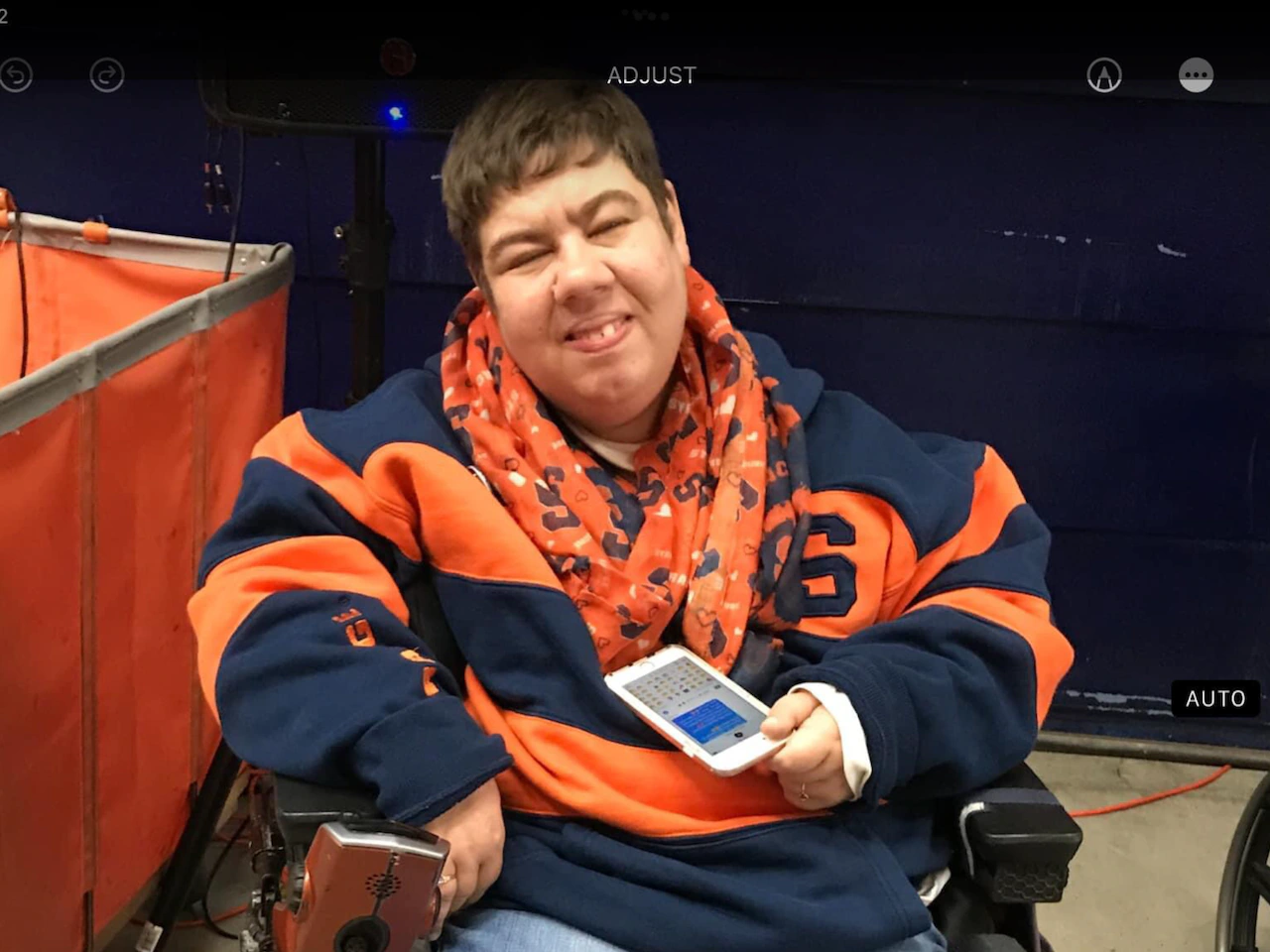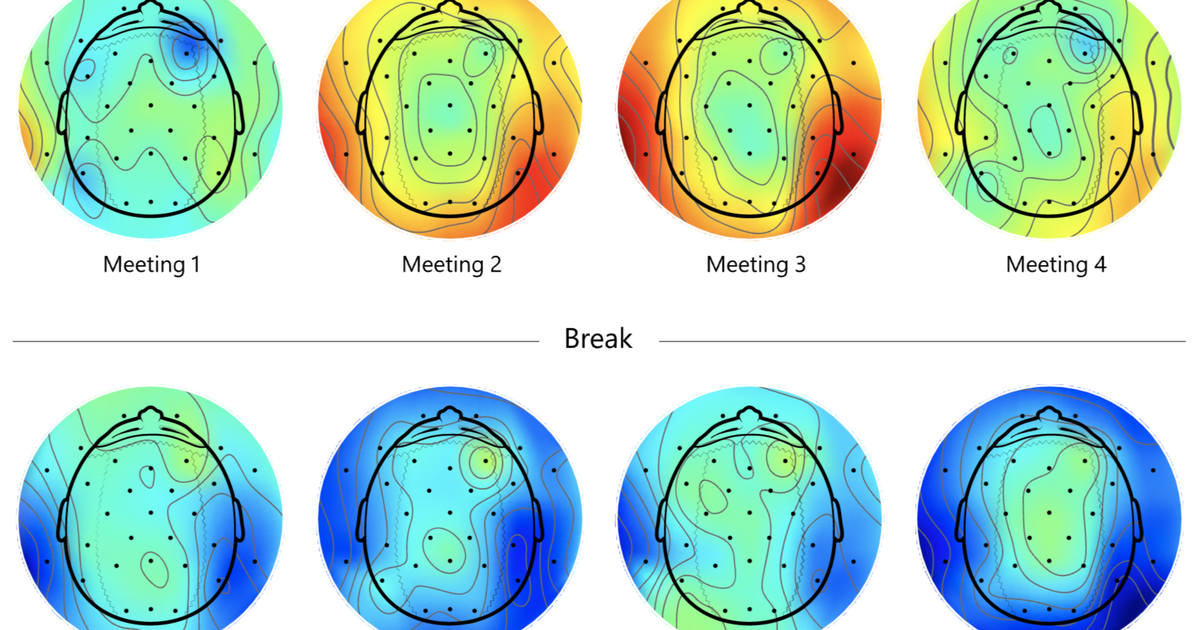
Albany, NY — Thousands of caregivers paid through New York’s popular home-care program have an extension to complete a mandatory health exam.
The small army of workers in the Consumer Directed Personal Assistant Program had previously been required to complete a new screening — including bloodwork — by Oct. 1.
Now, workers are allowed to continue getting paid so long as they have an appointment scheduled by Oct. 1, even if the appointment takes place at a later date, according to a program spokesman.
There are also more locations where caregivers can get the required screenings for free. That now includes a popup location in Syracuse:
AccessCNY, 1603 Court St.: Sept. 23, from 11 a.m. to 3 p.m. and Sept. 24 to Oct. 3 (excluding the weekend), from 8:30 a.m. to 3:30 p.m. Caregivers can now make an appointment.
It’s the latest wrinkle in the massive effort to consolidate CDPAP services from more than 600 local administrators to a single administrator, PPL.
The 200,000 or so consumers in the program had their transition deadline extended four months by a judge because of problems in the transition. Up to 500,000 workers must complete a health exam to remain employed.
In recent days, a PPL subcontractor has added locations Upstate where workers can get their exams done. Before, most Upstate caregivers were required to make appointments through WellNow Urgent Care locations, which forced some to travel an hour or more to find an open exam time.
Kelly Thomas, 46, of Baldwinsville, pays a group of caregivers to help her live independently with cerebral palsy. One of her workers had to travel an hour to get an exam, while another couldn’t get an appointment before the Pct. 1 deadline.
In addition to the Syracuse pop-up site, there are also pop-ups in Rochester and Buffalo. A month ago, the only Upstate pop-up location was in Albany.
The state has touted the transition to PPL as a way to save money, accusing some of the previous network of 600 administrators of defrauding the old system. But thousands of workers and caregivers have reported delays and headaches in working with the new company.
The home-care program is funded through state Medicaid.



